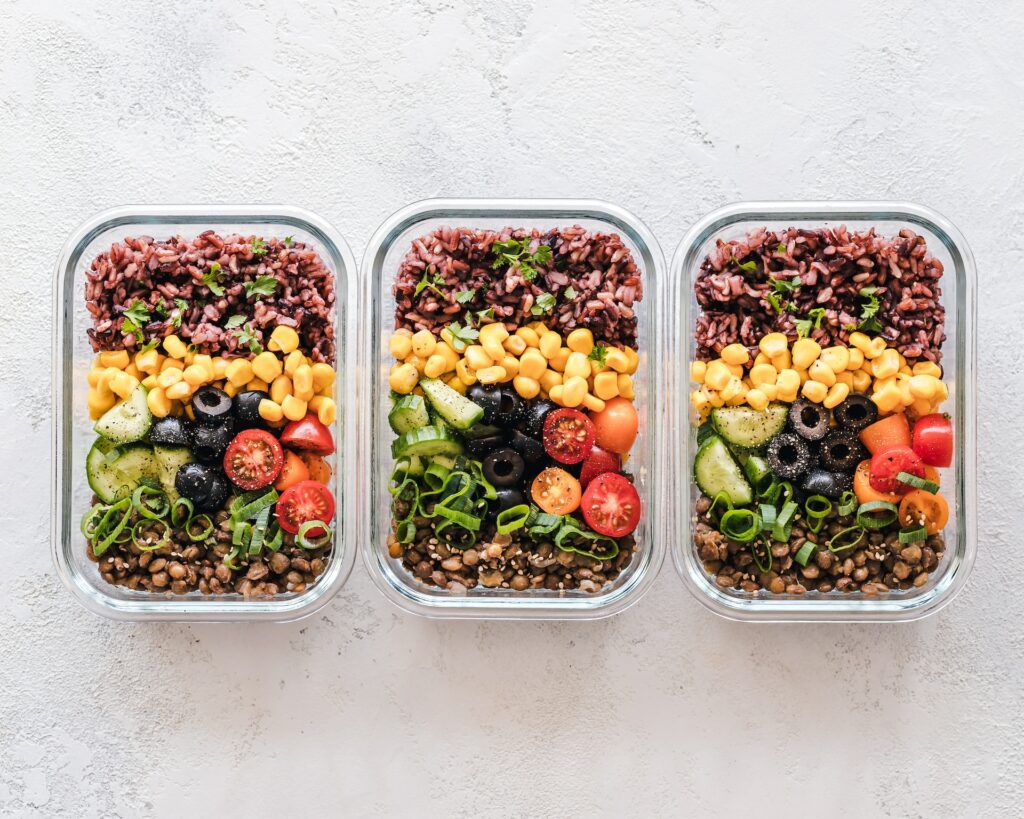In recent years, the surging popularity of veganism and plant-based diets has been accompanied by increased awareness of the health benefits and positive environmental impact associated with reducing or eliminating animal products from our meals. However, as these lifestyles gain traction, several myths and misconceptions about veganism have also surfaced. It is crucial to address these fallacies in order to provide accurate information, dispel misunderstandings, and foster a better understanding of the principles behind veganism and plant-based diets. By presenting this concept through a fresh perspective, Vegan Joint aims to promote informed discussions that encourage individuals to make choices aligned with their values while debunking any unfounded beliefs surrounding this dietary approach.
Vegans Don’t Get Enough Protein
A prevailing misconception about veganism revolves around the notion that plant-based diets are deficient in protein. However, this belief is far from accurate, as it is entirely possible to meet one’s protein requirements on a vegan diet. A plethora of plant-based protein sources exists, including legumes like lentils, beans, and chickpeas, as well as tofu, tempeh, seitan, quinoa, nuts, and seeds. These nutrient-dense foods offer a diverse array of essential amino acids crucial for the body’s protein synthesis. Furthermore, advancements in food technology have led to the development of plant-based meat alternatives, such as soy-based burgers or sausages made from seitan which boast comparable levels of protein to their animal-derived counterparts. A unique lens aims to dispel misconceptions surrounding veganism while highlighting the abundance of plant-based options available to support optimal nutrition and debunk any unfounded beliefs regarding inadequate protein intake on a vegan diet.
Plant-based Diets Are Nutritionally Deficient
Plant-based diets are often wrongly perceived as lacking in essential nutrients. However, with careful planning and a diverse range of food choices, vegans can effortlessly meet all their nutritional needs. While specific attention may be required for certain nutrients such as vitamin B12, iron, and omega-3 fatty acids, they can be easily obtained through fortified foods, supplements, and plant-based sources like leafy greens, legumes, whole grains, and flaxseeds. Notably, well-designed studies have demonstrated that thoughtfully crafted vegan diets offer all the necessary nutrients for optimal health while also reducing the risk of chronic diseases, including heart disease, diabetes, and certain types of cancer. With the help of an unbiased perspective, we strive to challenge misconceptions surrounding nutrient deficiencies in plant-based eating patterns by providing abundant options available to vegans seeking comprehensive nutrition for overall well-being.
Vegan Diets Are Bland And Boring
There is a common misconception that vegan diets are limited to uninspiring salads and plain vegetables, lacking in flavor and variety. However, the world of vegan cuisine has undergone remarkable growth and transformation, now offering an extensive range of delectable and enticing options. From tantalizing curries bursting with flavors to hearty stews brimming with richness, as well as mouthwatering desserts that satisfy any sweet tooth – the possibilities are truly limitless. Chefs and home cooks alike have wholeheartedly embraced plant-based cooking, crafting innovative recipes that showcase the diversity of herbs, spices, sauces, and plant-based ingredients available.
Vegan Diets are Expensive
Despite common assumptions, vegan diets do not have to be costly. While certain specialty vegan products may come with higher price tags, adopting a plant-based diet can actually be budget-friendly. Staples such as beans, lentils, rice, pasta, and seasonal fruits and vegetables often prove more affordable than animal products. Moreover, preparing meals from scratch and buying ingredients in bulk can further minimize expenses. By prioritizing whole, unprocessed foods, individuals following a vegan lifestyle can maintain both a nutritious and cost-effective dietary approach. Under this perspective, the accessibility of veganism while dispelling misconceptions about its perceived financial burden—highlighting how embracing plant-based choices can align with both health goals and budget constraints.
This Power Couple is Helping You Go Vegan(Opens in a new browser tab)
Vegan Restaurants In LA
By debunking these myths surrounding veganism and plant-based diets, Vegan restaurants in Los Angeles foster a deeper understanding of these dietary choices. Dispel misconceptions pave the way for inclusive and enlightened discussions about the benefits they offer in terms of health, environment, and ethics. Veganism and plant-based diets have the potential to create a more sustainable and compassionate future, making it crucial to address common misunderstandings. Through this process, we encourage open-mindedness, promote informed decision-making, and empower individuals to embrace dietary choices that align with their values while contributing positively to our world.
